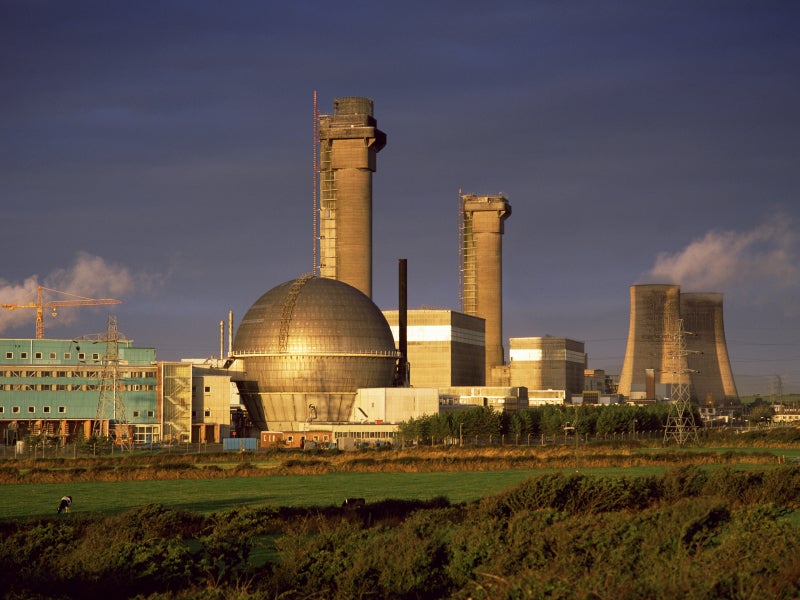
The UK’s energy and climate minister Graham Stuart has announced $89.4m (£75m) in funding for a Nuclear Fuel Fund as part of a project to encourage investment in the UK nuclear power sector.
According to the statement, published on 2 January, the funding will aim to encourage the development of alternatives to the Russian fuel supply and increase UK energy security. It will also promote investment in new and robust fuel manufacturing capabilities in the UK, supporting the government’s goal of securing up to 24GW of nuclear power by 2050.
In June, G7 leaders launched a coordinated effort to minimise reliance on Russian civil nuclear and associated items, including efforts to diversify uranium sources and nuclear fuel manufacturing capabilities. Russia presently controls around 20% of worldwide uranium conversion capacity and 40% of global enrichment capacity, according to the UK Government.
Stuart said: “Record high global gas prices, caused by Putin’s illegal invasion of Ukraine, have highlighted the need for more home-grown renewable energy, but also UK generated nuclear power – building more plants, and developing domestic fuel capability.”
Preston, strategically significant for producing fuel for the present UK advanced gas-cooled reactor fleet, has already received up to $15.5m (£13m) of the investment. The money is planned to develop primary conversion capabilities for reprocessed and newly mined uranium.
The funding will allow for considerable investment at the Springfields facility in Lancashire, protecting hundreds of highly skilled jobs in the region.
The funds will be used to develop specialist nuclear fuel capabilities in the UK to convert reprocessed uranium, which is presently unavailable outside Russia. Ministers expect that, besides enhancing UK energy security, it could provide export prospects for the sector and establish the UK as a significant international provider of nuclear fuel and fuel cycle services.
The government hopes to foster a diversified and robust nuclear fuel market with the remaining money, and is hearing proposals for potential investments. It will assist initiatives that build new domestic fuel capabilities, such as fuel supply choices for light water reactors, including future small modular reactors, which might provide a large portion of our existing nuclear energy demands.
Additionally, it will strive to fund initiatives that produce novel fuels like high assay low enriched uranium, which will be required to provide advanced modular reactors. The operations for the same would start in the 2030s.
Chief executive of the Nuclear Industry Association, Tom Greatrex, said: “Having the sovereign capability to manufacture next-generation nuclear fuels for advanced reactors of the future is vital for energy security and net-zero.”




